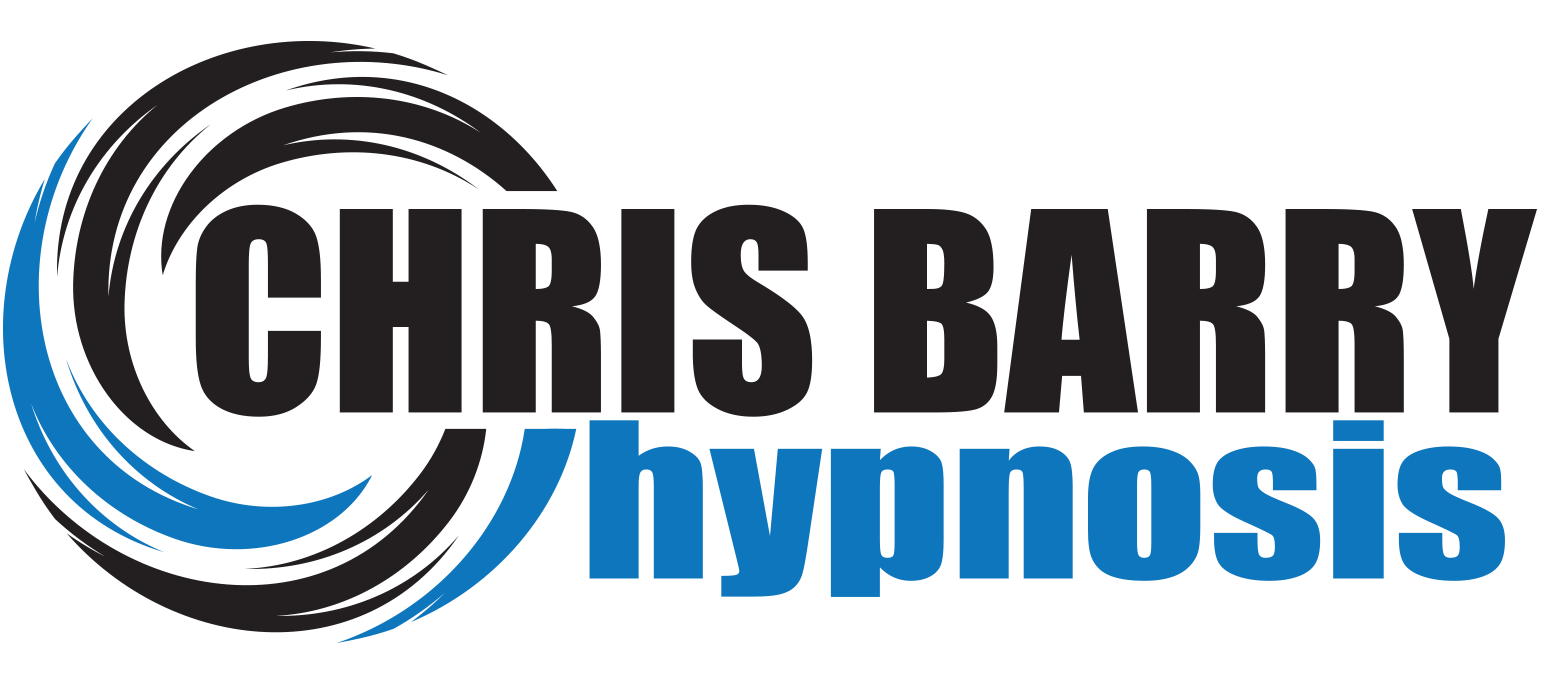Smoking cessation is probably one of the services that gets requested from me the most. And while it’s nice that I can say I have a very high success rate, I thought it would be a good idea to explain exactly how effective it is. So if you want to quit smoking, you can be more confident in hypnotherapy, and if you know someone who wants to quit smoking, then link them this article and they can decide for themselves if they’re interested. I’m not going to discuss a lot about the mechanics of how hypnosis helps, just how effective it is.
So … how effective is hypnosis for quitting smoking? Let’s get some context here and compare common smoking cessation methods.
Willpower
This can take a few different forms, but most of them have a low percentage of success. People who try to quit cold turkey have a 4% to 7% rate of success. People who try to do it with willpower, but not necessarily cold turkey (avoiding triggers, slowly weaning themselves off, etc) have an 8% to 11% success rate. Not great.
Nicotine replacement
This can be nicotine gum, patches, sprays, etc. Unfortunately, most of the studies of these forms of therapy don’t show much better results than plain old willpower. Research shows success rates anywhere from 3% to 11%. The only studies that have higher percentages are studies funded by the companies that make those products. Even then, they tend to oversell. As I write this article, I occasionally see ads on YouTube promoting nicotine gum that gives you a 150% chance to quit smoking. Which sounds impressive, until you realize 150% of the willpower rates are ultimately still less than 15%. Nice marketing, but not great results.
Acupuncture
It’s actually very difficult to find hard numbers relating to the success rate for acupuncture for smoking. However, it can definitely help lessen cravings and anxiety (if that’s a trigger for you). Acupuncture can’t change your habits, but it can help you relax and let go of the stress, if you’re using smoking as a coping mechanism. At the very least, acupuncture can help, though its effectiveness depends highly on the subject.
Laser therapy
This is based on the same principles as acupuncture. Unfortunately, it’s just as difficult to find hard numbers. To give one example, though, a paper from 2008 published in the Journal of Chinese Medicine showed a 55% success rate for subjects of laser therapy, 6 months after the treatment. Which is roughly even odds, but still a lot better than nicotine replacement or willpower.
Cognitive behavioral therapy
This is like willpower, but with some actual planning and strategy with a professional psychologist or counselor. Alone, CBT doesn’t improve the odds of quitting much. However, it can be much more effective as part of a larger strategy, like CBT plus acupuncture, or CBT plus medication. Speaking of which …
Medication
Most quit-smoking medications, like Bupropion and Wellbutrin, are actually anti-depression medications. In the same way that acupuncture can lessen cravings by dealing with pain, tension, and anxiety, most quit-smoking medications deal with the habit by attempting to lessen cravings in the same way. Assuming your triggers for the habit are actually associated with those sensations, drugs can certainly help. They also come with a risk of side-effects, though. A lot of clients who come to me do so out of concern for those side effects … or because they’ve tried those medications and experienced those side effects already.
Hypnotherapy
The best thing about hypnotherapy for quitting smoking is that it deals with almost everything the other therapies do, but without the side effects. You can directly target the habits and compulsive negative behavior, so the idea is you need about as much willpower to not smoke as any other non-smokers (which is to say, next to zero). Hypnosis even without the therapy is a natural pain and anxiety reliever. And many hypnotherapists, myself included, incorporate elements of CBT as appropriate, because you still need to plan and change if you’re going to be a non-smoker.
The success rate also jumps; while the odds of quitting after only one session is just 25%, smoking cessation programs that are 3 or more sessions give a success rate between 70% and 92% for at least 3 years or more, depending on the study. Even on the conservative result of 70%, that’s the best result of all of the above, and most studies on average give a result percentage in the high 80’s. To improve results even more, it can be combined with CBT, acupuncture, or even just having an accountability partner if you’re serious.
In Closing …
Hypnotherapy is also very highly tailored to your specific situation, unless you’re seeing what I like to refer to as a “scriptnotist”, and even then the success rate is fairly impressive (see group hypnosis sessions). Personally, I always do free consultations by phone, or even by email, so I can get some idea where the client is coming from and make sure it’s a good fit. If you have questions about how hypnosis can help for smoking cessation, or anything else, give me a call at (403) 630-3166, contact me here, or email me at chrisbarryhypnosis@gmail.com.
